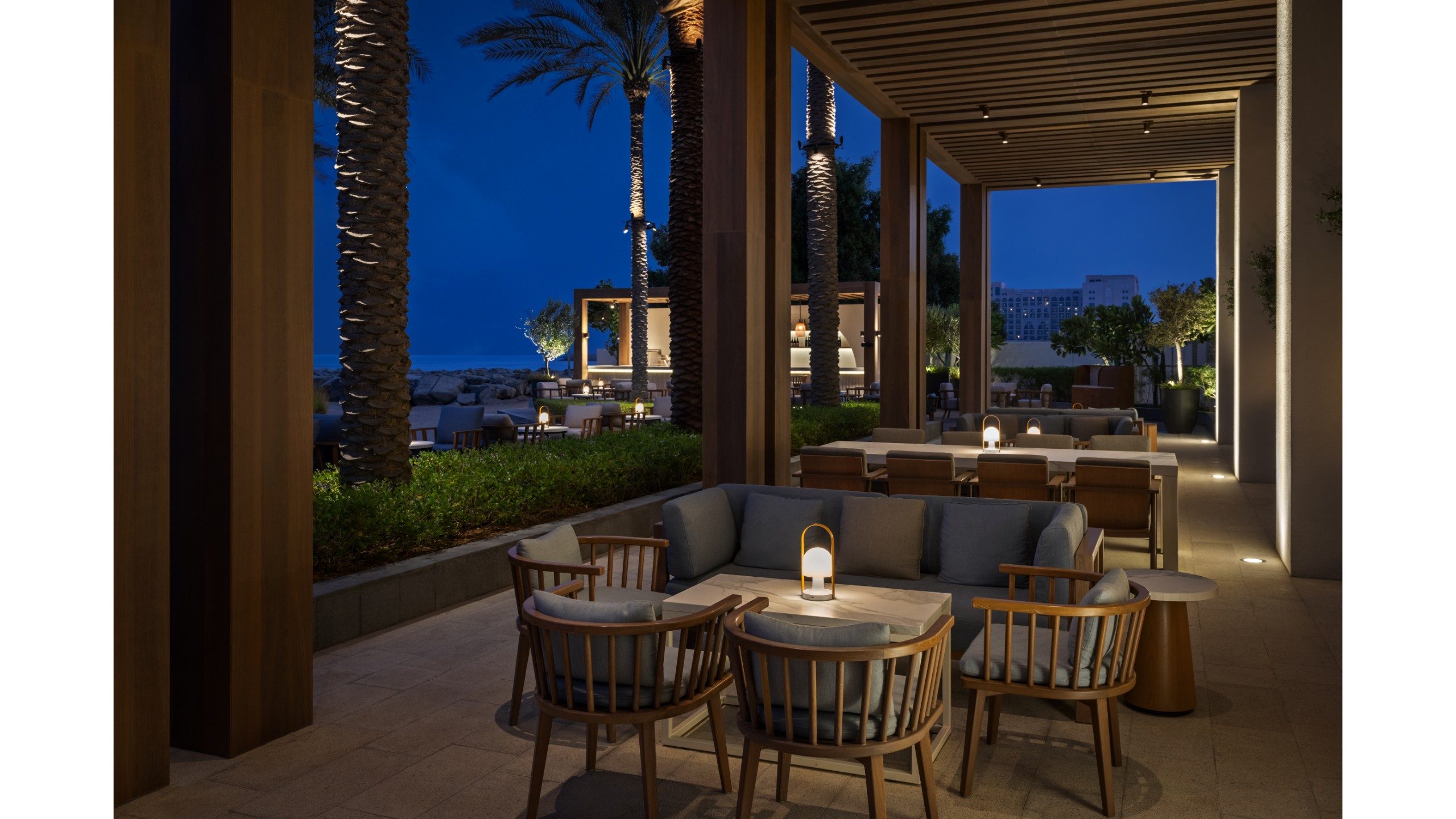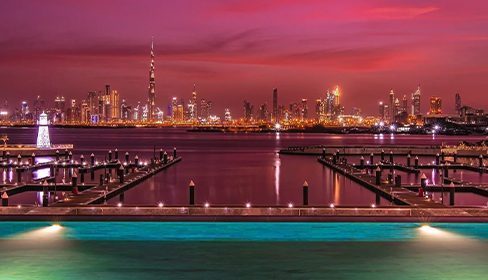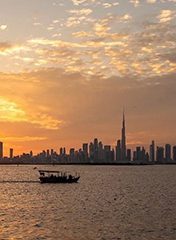Book an Event
United Arab Emirates
Dubai
Fujairah
Umm al-Quwain
United Arab Emirates
Dubai
Fujairah
Umm al-Quwain
- Business Meeting
- Corporate Gathering
- Social Events
- Weddings
- Half Day (8:00 AM - 2:00 PM)
- Half Day (2:00 PM - 8:00 PM)
- Full Day (8:00 AM - 8:00 PM)
Please choose slot


U By Emaar
Press Releases
3 of 3
View All
11 December 2023
PRESS RELEASE FOR JABAL OMAR MAKKAH
Makkah, Saudi Arabia: Address Hotels and Resorts is thrilled to announce the opening of its latest architectural and hospitality masterpiece, Address Jabal Omar Makkah, in the holy city of Makkah, Saudi Arabia. Nestled in the iconic Jabal Omar development, this landmark property offers a truly unforgettable experience for pilgrims and travellers alike.

11 December 2023
PRESS RELEASE FOR VIDA CREEK BEACH HOTEL
Nestled in the picturesque waterfront of Dubai Creek Harbour, Dubai’s newest destination, Vida Creek Beach is redefining luxury living. This upscale lifestyle destination, which boasts a total of 99 rooms and suites, effortlessly combines modern, carefree elegance with artsy glam in the heart of Dubai’s buzzing new hub as it revives experimental art movements with stunning lagoon views. Giving guests a new take on modern hospitality, Vida Creek Beach is a timeless holiday destination that invite you to escape the ordinary and enter a realm of pure excellence on every visit.

11 December 2023
Palace Beach Resort Fujairah unveils its newest restaurant, AMWA
Get ready for an unforgettable dining experience as Palace Beach Resort Fujairah unveils its newest beachside restaurant, AMWA. Set to open its doors on October 1st 2023, AMWA is poised to become the ultimate destination for food enthusiasts and those seeking a unique blend of Asian and Western flavors.












